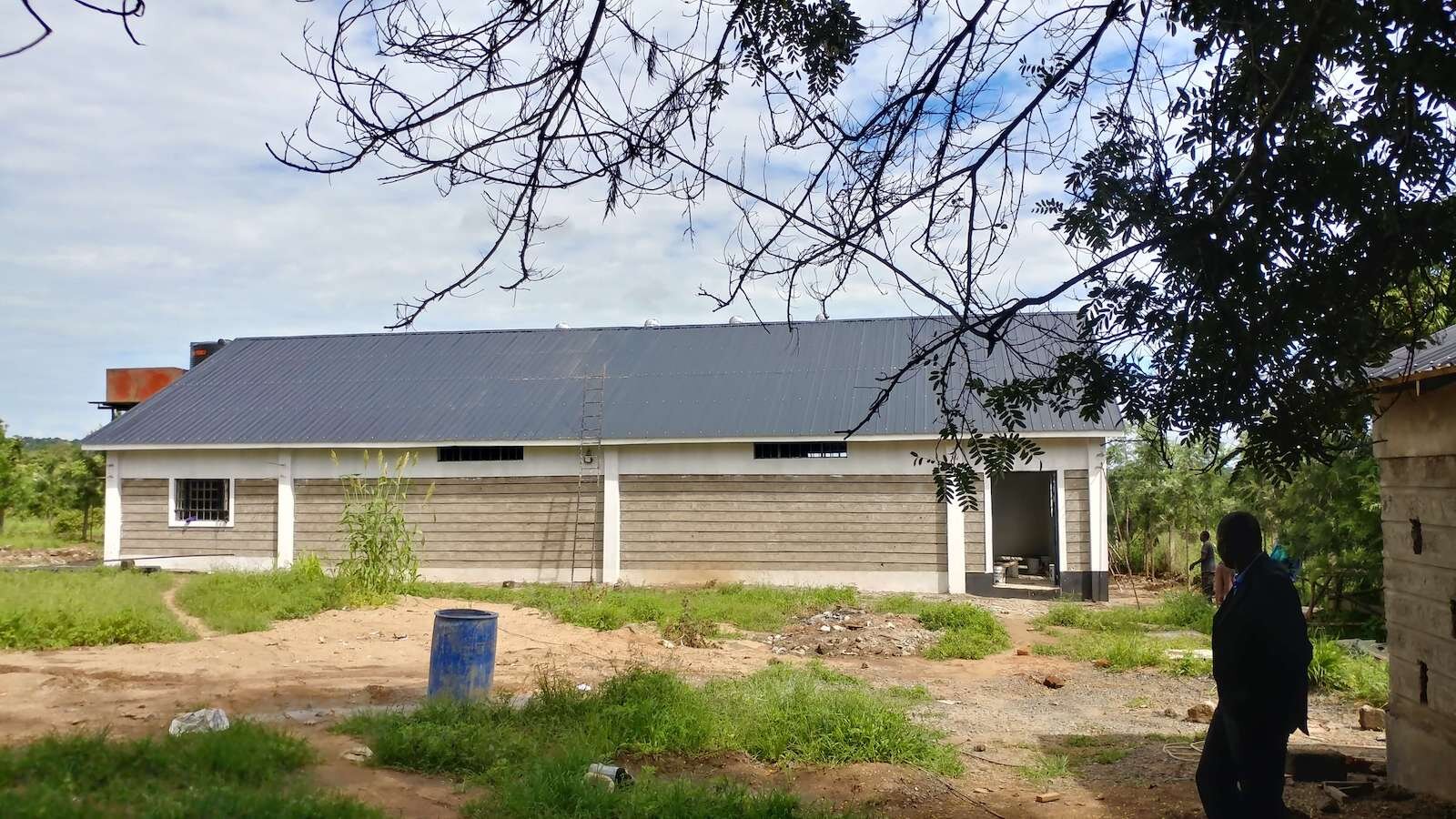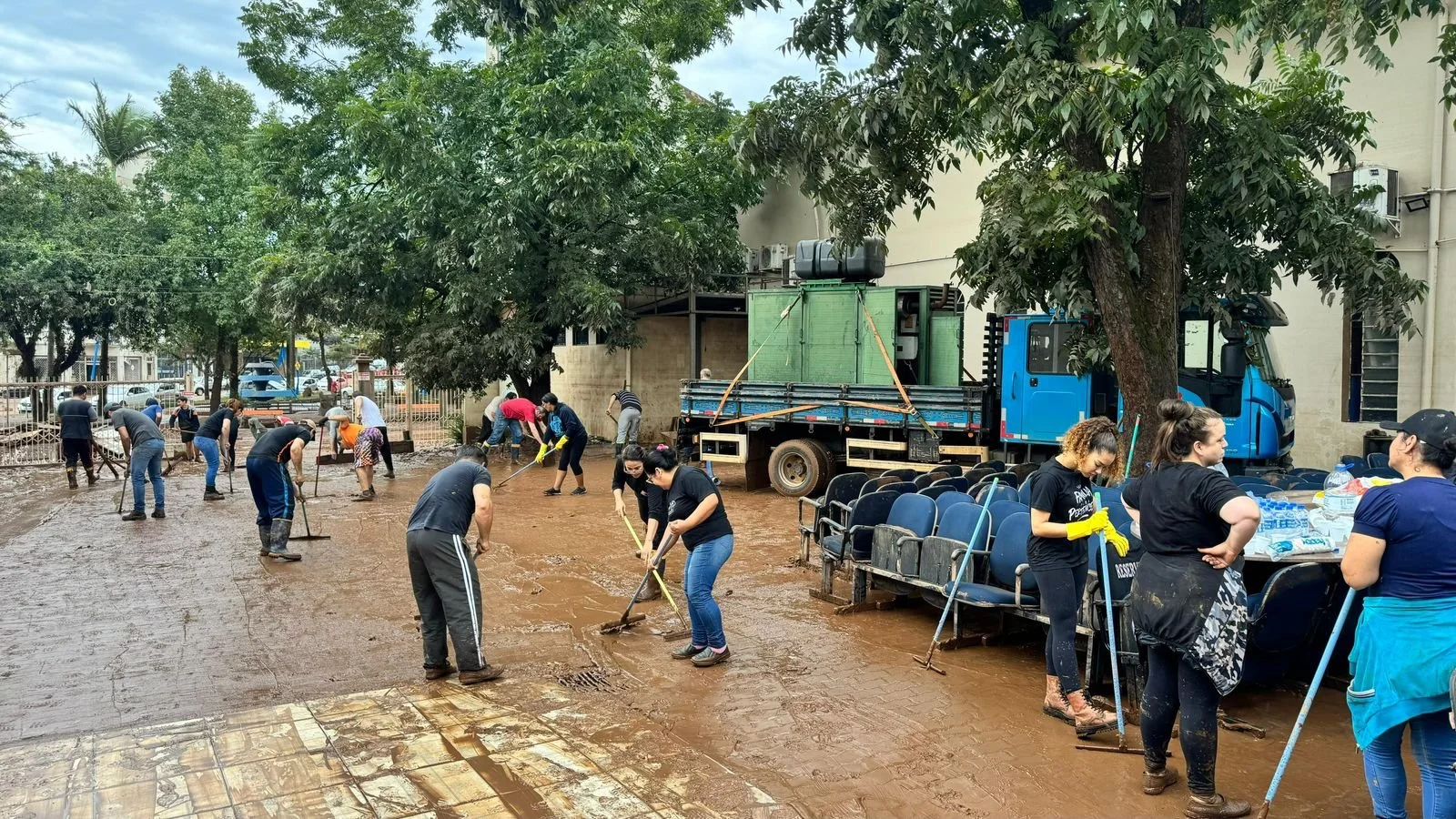A Church Operated Bakery?
“Everyone here is excited by the project!”
Machakos, Kenya
“We live in a time and in a place and in a culture where we need to look at our self-centeredness and how much of our life revolves around us. The giving of alms helps us in this. It helps us to get our eyes off of ourselves and onto the Lord’s mission in the world.”
- Archbishop Foley Beach, Anglican Church of North America
This Lent we are exploring several ARDF projects that still need funding. As you practice the discipline of Almsgiving or are collecting change for your mite boxes, consider the needs of our partners.
Today we look at a project in Kenya where we are partnering with Anglican Development Services, the outreach arm of the Anglican Church of Kenya.
A new bakery in Kenya will have an extensive reach! And not just because it is expected to bring in substantial income to the Anglican Church. This project, from top to bottom, will impact different people in different ways, meeting the diverse needs of the community in Eastern Kenya. A project that is so responsive to the communities on the ground gets us really excited.
Farmers in this part of Kenya do not have access to modern farming techniques and good markets. Therefore, many cannot afford to eat a balanced diet and support their families. Anglican Development Services (an arm of the Anglican Church) is working with existing farming associations to provide agricultural extension services, mobilization, and training. Farmers are receiving training that encourages them to adopt new farming techniques - including new crops. Amaranth has a higher fiber content than traditional wheat and will produce a healthier bread than what is currently on the market.
The new bakery will provide a market for the new crops. With this new, reliable market, farmers will have incentive to produce enough raw materials to sustain the bakery.
But the farmers aren’t the only ones to benefit. The bakery will supply bread to several Anglican schools in the area. The children in these schools will benefit from a new, more nutritious bread.
How was this project selected?
After the successful completion of a similar income-generating project at the Nambale Magnet School in Kenya, leaders in Kenya wanted to expand this model. Like the earlier project, half of this grant is actually a loan. The grant agreement stipulates that the funds go back to the church in order to be invested in other church endeavors.
Since the bakery is predicted to be profitable, the church is excited to have funds for more ministry in the future.
ARDF worked closely with leaders on the ground to develop the bakery’s business model. Now, the equipment has been installed and a current market survey is being conducted this month. Meanwhile, test loaves are already being produced in order to submit to the Kenyan government, who must approve any product before the bakery can operate at scale.
This complex project is exciting and has so much potential. We have sent the first two tranches of funds, but we need your help to raise the rest. Future phases of this project will fund the startup costs for the first three months of operation, including everything from bread packaging and baking equipment to staff salaries.
John Mutua, Executive Director of ADS-Eastern and project coordinator, writes,
“Everyone here is excited by the project and we are looking forward to a time when the bakery shall begin operations and communities start making incomes from the growth and sale of raw materials (amaranth and orange fleshed sweet potatoes) and at the same time reducing the levels of malnutrition through the consumption of the fortified bread.”
We ask that you join us in supporting this project.







